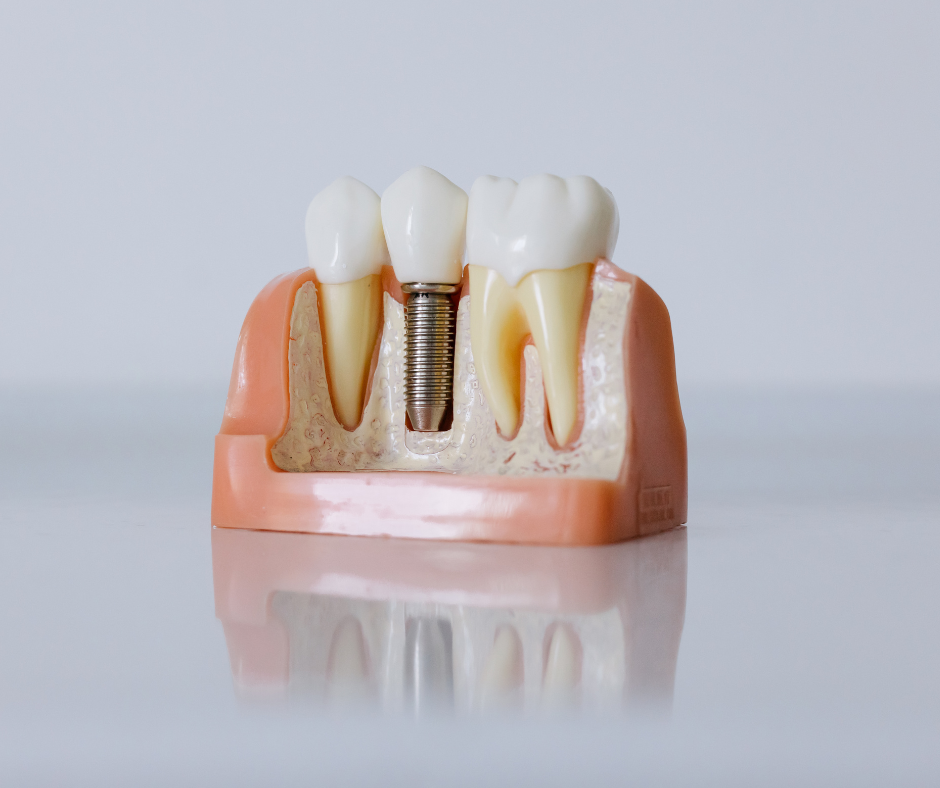Blog
While your teeth and gums aren’t directly affected by pregnancy, pregnancy does cause a number of hormonal changes that can affect your oral health. Some women experience pregnancy gingivitis, a condition in which your gums are swollen, tender, and prone to bleeding. Pregnant women are also more likely to have dry mouth, which can contribute to tooth decay.
What is Pregnancy Gingivitis?
As far as your oral health is concerned, pregnancy does not increase the risk of developing gum disease. However, hormonal changes may make your gums more sensitive to bacteria, and you may be more vulnerable to irritation or inflammation of the gums. Gum disease during any phase of life can lead to some serious health issues for pregnant women. It has also been linked to complications with labor and delivery in some patients.
If a pregnant woman experiences severe gum issues during pregnancy, she should contact an experienced periodontist as soon as possible. We can provide the care she needs to eliminate her oral health concerns before they become serious health problems.
These problems include:
• Bacterial infection in the bloodstream
• Premature birth
• Low birth weight
• Preeclampsia
• Placenta previa
• Gingivitis
The health of your mouth affects the health of your entire body. If you are pregnant, it is important to take care of your teeth and gums to reduce the risk of developing serious issues.
What Causes Pregnancy Gingivitis in Edmonton, AB?
Pregnancy gingivitis is a type of gum disease that is caused by hormonal changes during pregnancy. Hormonal changes can affect the gums and make them more susceptible to plaque buildup, which can damage the gum tissue and lead to inflammation or bleeding.
The risk of tooth decay and gum disease is higher for pregnant women because the growing baby needs a healthy environment to grow in. Bacteria can enter the baby’s body through the mother’s bloodstream, causing serious health problems for the newborn.
How is Pregnancy Gingivitis Treated in South Edmonton, AB?
If you’re experiencing symptoms of gum disease, such as bleeding and swollen gums, or tender teeth, you should schedule an appointment with your dentist as soon as you can. A dentist can assess your condition and help you get the treatment you need before symptoms worsen. If treatment is necessary, your dentist will likely recommend scaling and root planing to treat your gums. This will remove plaque and tartar buildup from your teeth, as well as smooth out any rough patches on the roots of your teeth where bacteria tend to collect. Your dentist may also prescribe an antimicrobial mouthwash for you to use at home. These rinses can help improve your mouth’s acidity levels and help prevent bacteria growth.
Pregnancy gingivitis can be harmful to your growing baby, causing premature birth or even stillbirth. If you notice that your symptoms are not improving after using at-home treatments, contact your dentist’s office as soon as possible to schedule an appointment. Prompt treatment can improve the condition and prevent it from getting worse.
In addition to visiting the dentist for routine cleanings and checkups, you should also practice good oral hygiene habits at home. Brushing and flossing daily can help reduce the buildup of bacteria in your mouth and keep it healthy. Eating a healthy diet and avoiding foods high in sugar can also help reduce your risk of tooth decay.
When Should I go to the Dentist During Pregnancy?
Some women experience pregnancy gingivitis, which is gum disease that causes swollen and red gums. This condition can be easily treated by a dentist with proper tools. In addition, your dentist can also check for signs of tooth decay throughout the pregnancy and give tips to avoid this. The second trimester is often a great time to see the dentist to get your teeth cleaned, because you are still comfortable enough to be laying in a dental chair. If you have any dental concerns, you should make an appointment with your dentist as soon as possible.
If you notice signs of oral health issues, such as bleeding when you brush your teeth, contact our office right away to schedule an appointment at Legacy Dental Clinic. We can help you achieve and maintain a beautiful, healthy smile during this special time in your life. Contact Legacy Dental Clinic, our Best Dental Clinic in South Edmonton, AB, today to schedule your consultation with Dr. Jennifer Nguyen! Call our Edmonton, AB dental clinic at (825) 467-8888.
Location
4224 Gateway Blvd NW,
Edmonton, AB , Canada T6J 7K1
Office Hours
MON10:00 am - 6:00 pm
TUE8:00 am - 6:00 pm
WED - FRI8:00 am - 4:30 pm
SAT8:00 am - 3:00 pm
SUNClosed





